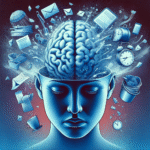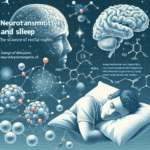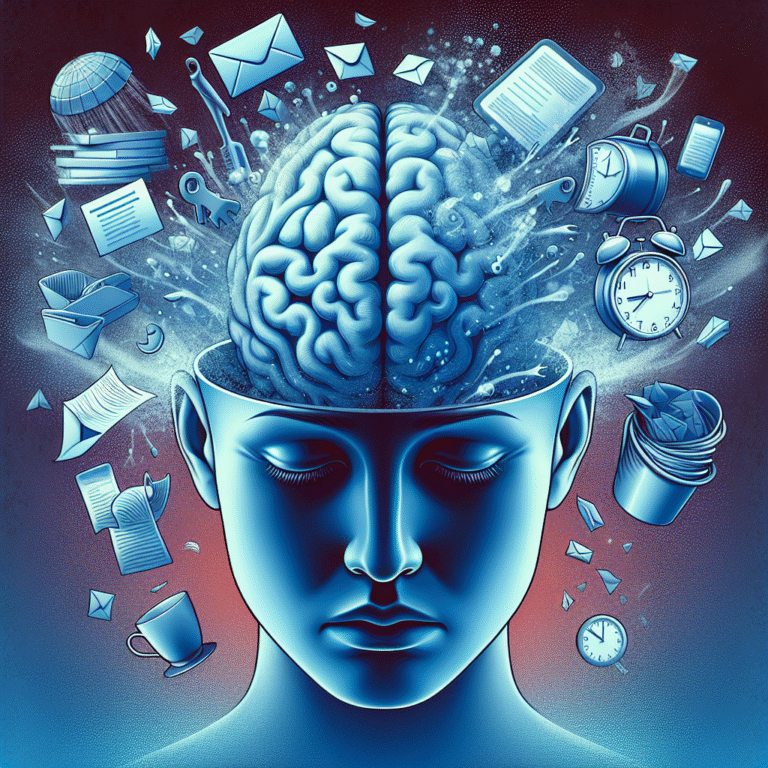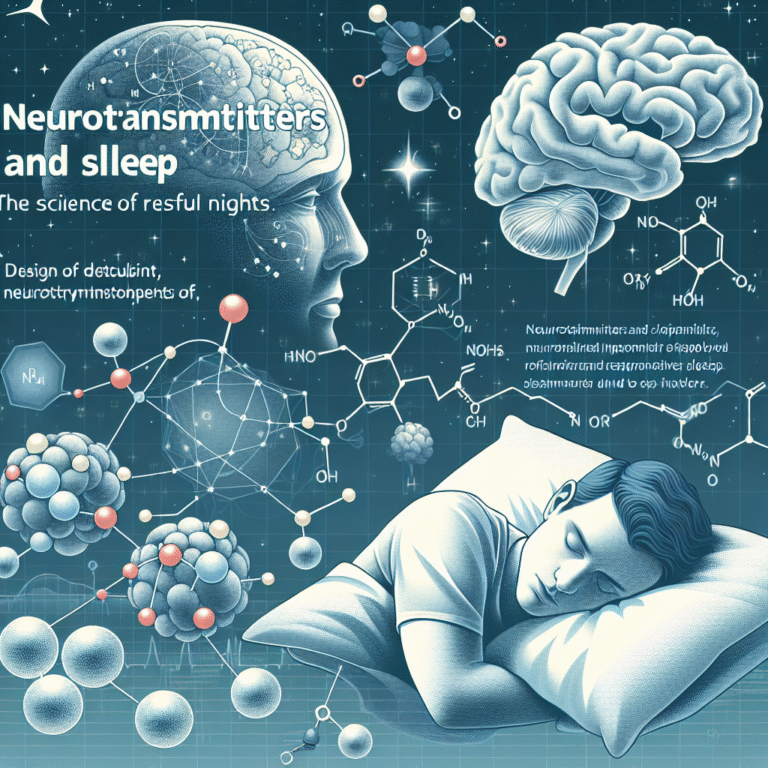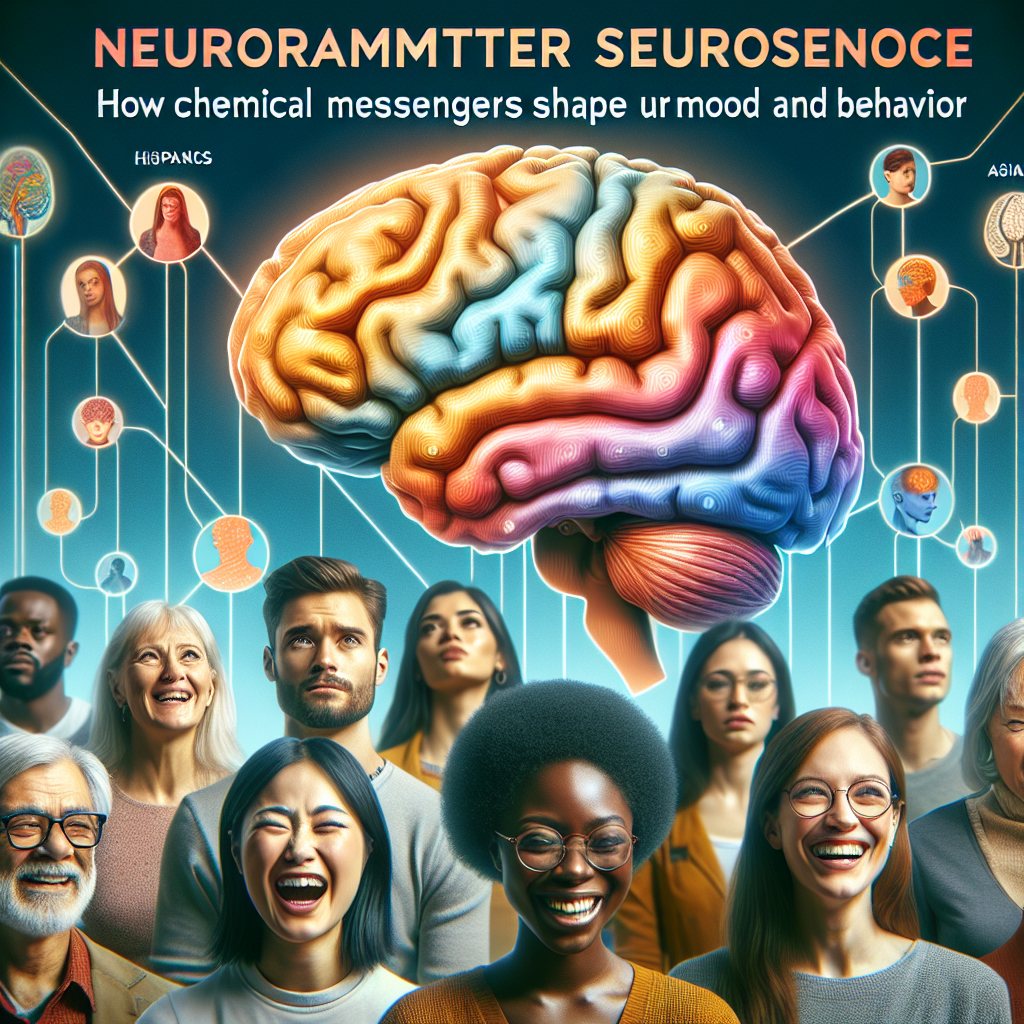
Introduction
Imagine a world where your feelings and actions are influenced by tiny chemical messengers coursing through your brain. This isn’t just science fiction; it’s the reality of neurotransmitter neuroscience. Understanding how these biochemical substances shape our mood and behavior can unlock vital insights into mental health, relationships, and personal well-being. As we delve into the intricate web of neurotransmitter neuroscience, we’ll uncover how these chemical messengers not only affect our emotions but can also empower us to take control of our mental landscape.
The Building Blocks of Neurotransmitter Neuroscience
What Are Neurotransmitters?
Neurotransmitters are chemicals that transmit signals in the brain and throughout the nervous system. They play a crucial role in communicating between nerve cells (neurons), thus influencing everything from your reflexes to your mood. Common neurotransmitters include serotonin, dopamine, norepinephrine, and gamma-aminobutyric acid (GABA).
Table 1: Key Neurotransmitters and Their Functions
| Neurotransmitter | Primary Function | Associated Mood/Behavior |
|---|---|---|
| Serotonin | Mood regulation, sleep, appetite | Happiness, well-being |
| Dopamine | Reward, pleasure, motivation | Pleasure, enthusiasm |
| Norepinephrine | Stress response, arousal | Alertness, anxiety |
| GABA | Inhibition of nerve transmission | Calmness, relaxation |
The Brain’s Chemical Symphony
Just as a symphony orchestra creates beautiful music through the coordinated efforts of individual instruments, neurotransmitters collaborate in the brain to sustain mental health. This balance is pivotal; a deficiency or excess of a particular neurotransmitter can lead to noticeable changes in mood and behavior.
Case Study: The Role of Serotonin in Depression
Research has long established a correlation between serotonin levels and depression. For instance, a study published in The American Journal of Psychiatry showed that individuals with major depressive disorder commonly exhibit lower serotonin levels. This discovery paved the way for selective serotonin reuptake inhibitors (SSRIs), a class of antidepressants that aim to boost serotonin levels in the brain. These medications have been found to significantly improve mood in many patients, underscoring the critical role of serotonin in maintaining emotional health.
The Neurotransmitter-Behavior Connection
Dopamine: The Pleasure Chemical
Dopamine is often referred to as the "feel-good" neurotransmitter. It is intricately linked to the brain’s reward system, influencing motivation and reinforcement of behaviors. When we achieve something rewarding, our brain releases dopamine, creating a sense of satisfaction.
Case Study: Dopamine and Addiction
A compelling example of dopamine’s role in behavior can be seen in addiction. In studies involving substances like cocaine and amphetamines, researchers found that these drugs can lead to a surge of dopamine, creating strong feelings of euphoria. However, repeated use can desensitize the brain’s dopamine receptors, leading to an increased tolerance and dependence. This underlines the precarious balance our neurotransmitters must maintain.
Norepinephrine: The Stress Messenger
Norepinephrine is a key player in the body’s stress response system. It prepares the body for "fight or flight" during stressful situations, heightening alertness and focus. However, excessive norepinephrine can lead to anxiety and panic disorders.
Table 2: Norepinephrine Levels and Anxiety
| Norepinephrine Level | Behavioral Effect |
|---|---|
| Low | Lethargy, disinterest |
| Normal | Alertness, focus |
| High | Anxiety, hyperarousal |
GABA: The Brain’s Natural Tranquilizer
GABA serves as the primary inhibitory neurotransmitter in the brain, promoting calmness and reducing neuronal excitability. Individuals experiencing anxiety often have lower levels of GABA, indicating its critical role in managing stress and promoting relaxation.
Case Study: GABA and Anxiety Disorders
In a study published in Psychiatry Research, researchers found that individuals diagnosed with generalized anxiety disorder had considerably lower GABA levels compared to those without such a diagnosis. Treatments that increase GABA activity, such as certain types of medications and lifestyle changes, have been linked to reduced anxiety, showcasing how neurotransmitter neuroscience can influence mental health.
The Impact of Nutrition on Neurotransmitter Production
Building Your Brain: Nutrients That Support Neurotransmitters
What we eat can significantly affect neurotransmitter production. Nutrients such as omega-3 fatty acids, B vitamins, and amino acids are vital for synthesizing neurotransmitters like serotonin and dopamine.
Table 3: Nutrients and Their Neurotransmitter Associations
| Nutrient | Related Neurotransmitter | Benefits |
|---|---|---|
| Omega-3 Fatty Acids | Dopamine | Improved mood and cognitive function |
| Vitamin B6 | Serotonin | Enhanced serotonin production |
| Magnesium | GABA | Promotes relaxation and reduced anxiety |
Neurotransmitter Neuroscience: Practical Applications
Strategies for Balancing Neurotransmitters
Understanding how neurotransmitters influence our lives opens up avenues for healing and personal development. Here are some strategies to help balance your neurotransmitters:
-
Dietary Adjustments: Incorporate foods rich in essential nutrients. For instance, include fatty fish for omega-3s and leafy greens for B vitamins.
-
Regular Exercise: Physical activity enhances the production of neurotransmitters, particularly dopamine and serotonin. Aim for at least 30 minutes of moderate exercise most days.
-
Mindfulness and Relaxation Techniques: Practices such as yoga and meditation have been shown to increase GABA levels, promoting relaxation and reducing stress.
-
Adequate Sleep: Sleep quality affects neurotransmitter levels significantly. Ensure you get 7-9 hours of restorative sleep each night.
- Seeking Professional Help: Therapy and medication can play vital roles in managing neurotransmitter imbalances, especially in cases of mental health disorders.
Conclusion
Neurotransmitter neuroscience is not just an abstract concept; it is a multidimensional field that intertwines with our daily lives, shaping our moods and behaviors. By understanding these chemical messengers, we can take proactive steps to enhance our mental well-being. The journey of self-discovery and mental health is intertwined with our brain’s chemistry, empowering us to navigate life’s challenges. As you explore this fascinating realm, remember that small changes in lifestyle can lead to significant improvements in your emotional landscape.
FAQs
1. What are neurotransmitters, and why are they important?
Neurotransmitters are chemical messengers in the brain that transmit signals between neurons. They are essential for mood regulation, behavioral responses, and overall brain function.
2. How do I know if I have an imbalance in neurotransmitters?
Symptoms of imbalances can include mood swings, anxiety, fatigue, and difficulty concentrating. Consulting a healthcare professional can help determine if you have a neurotransmitter imbalance.
3. Can diet influence neurotransmitter levels?
Yes! A balanced diet rich in omega-3 fatty acids, B vitamins, and amino acids can enhance neurotransmitter production and balance.
4. Are there natural ways to boost neurotransmitters?
Absolutely. Regular exercise, proper sleep, mindfulness practices, and a healthy diet can help balance neurotransmitters naturally.
5. When should I seek professional help?
If you experience persistent feelings of sadness, anxiety, or mood swings that interfere with daily life, consider consulting a mental health professional to discuss potential neurotransmitter imbalances or other underlying issues.
By understanding the intricate dance of neurotransmitter neuroscience, we can navigate the complexities of our minds, fostering a deeper connection to our emotions and behaviors.


